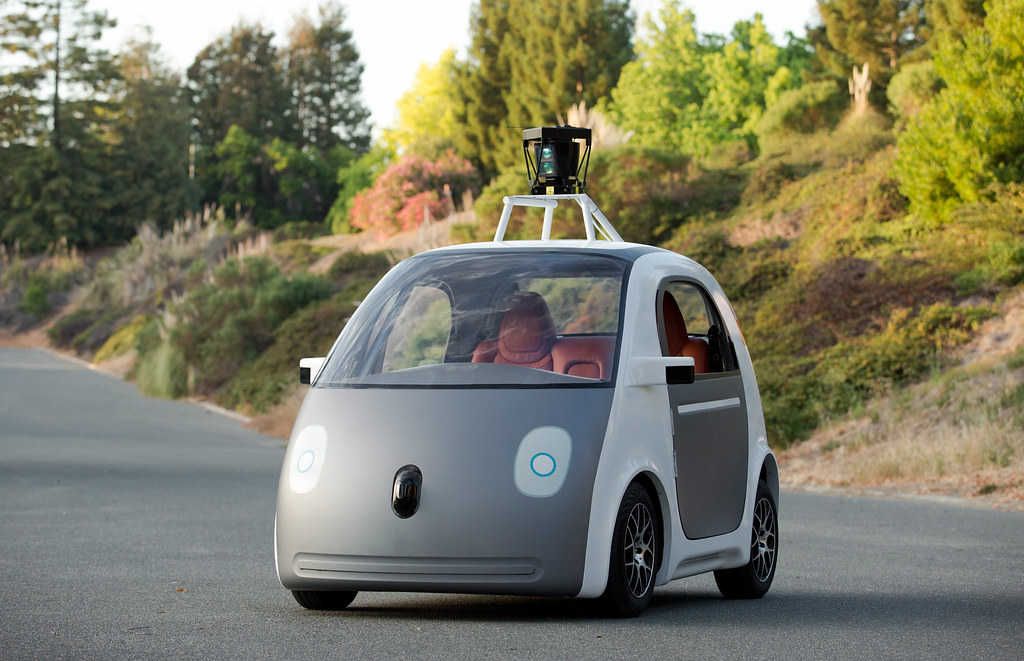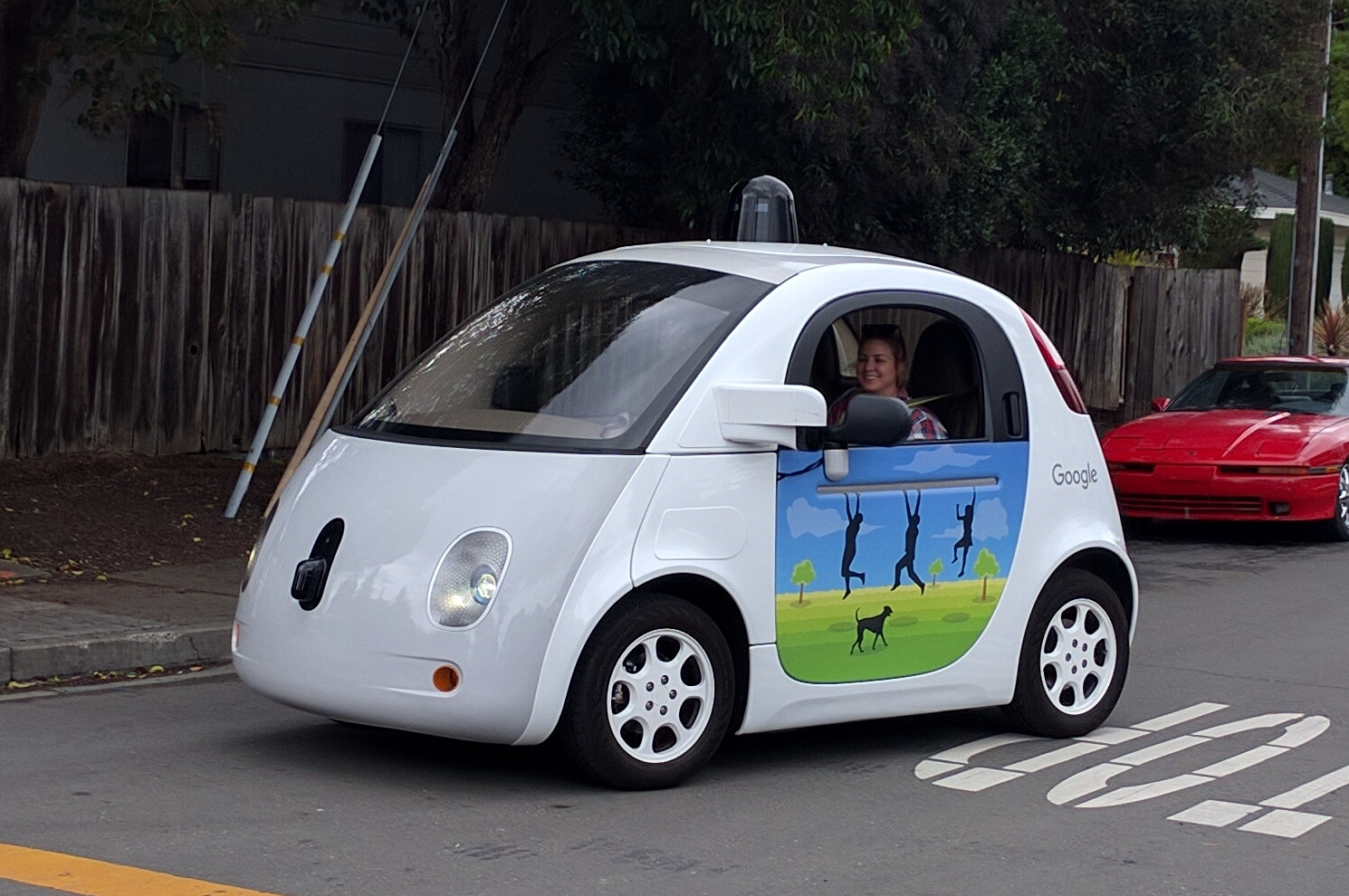The future of self-driving cars is becoming real, some cars currently do have self-driving modes to some degree with little details that can be protected like Tesla. It could be something to look forward to for people who commute a long way every day or even after a long day when you just want to sit back and let the car do the work.
The idea seems fun but it is not really solving a problem. People commute every day to work and school just fine driving, plus lots of people enjoy driving, it can be a relaxing way to start your day and wake up your brain. If anything it is causing a problem, some people drive truck, deliver food and mail for a living and if people don’t need to drive there are three predominant jobs taken away.
These cars can drive themselves through an electrical system that takes pictures of the terrain and makes a 3D image to adapt to the driving surface. The car has smart brakes and cameras to judge distance and stop stop signs, lights or even pedestrians, animals and other cars. It might make it less stressful and you could even get some work done on the drive to work, getting a head start on the day. But there are definitely some significant problems with this. For example, How do driverless cars work? – A Week in Science video it says, “If we can’t even have a bug free internet browser is it even possible to have a bug free car?” This raises concerns that your car can be hacked from anywhere at any time.
Another concern that comes with self driving cars is liability. What if your car goes off the road or hits another driver or even a pedestrian when you are not in control? As it says in How do driverless cars work? – A Week in Science video, “This raises concerns of licensing and legal issues, if your car is in a crash, who is liable?” The future of self-driving cars is unavoidable and has lots of cons and small bugs that need to be worked out. Luckily we still have a few years to figure out a solution to these problems and develop better technology. This is something to consider for the future but for now it seems like just operating your own car is more practical.
Self-driving cars may be the future but how many people would really buy them? Considering all the little bugs and technical problems people might feel safer depending on themselves rather than a car. Personally if a car can be hacked, why drive it or rather let it drive you? It feels like a hard concept to grasp and you have to have a lot of trust in the equipment to just let go and sit back, giving the car full control. Though there are lots of things to work out before a self-driving car can become something the average person can own, the future is bright and we have the technology to get the job done.
Another concern that seems pretty dominant is the cost of these cars. The cost of a midsize sedan brand new is around $20,000, now think about the cost of the technology being put in it. The cameras, safety features, smart breaks and the 3D image for the car to adjust to terrain and have perception to judge the distance before an obstacle. It seems like the type of vehicle the average person will not be able to afford. This might not be a good thing considering people need to buy these cars for the people who produce and manufacture them to acquire any profit.
Despite these challenges we have the technology to produce the cars and there are definitely people out there with enough determination to get the job done. It seems unachievable and like an unrealistic goal but that was also what was said about electric cars and hey, almost every big name car company has at least one production car that is electric and affordable. When these cars can be protected we will just have to wait and see how it turns out, the choice is yours.












